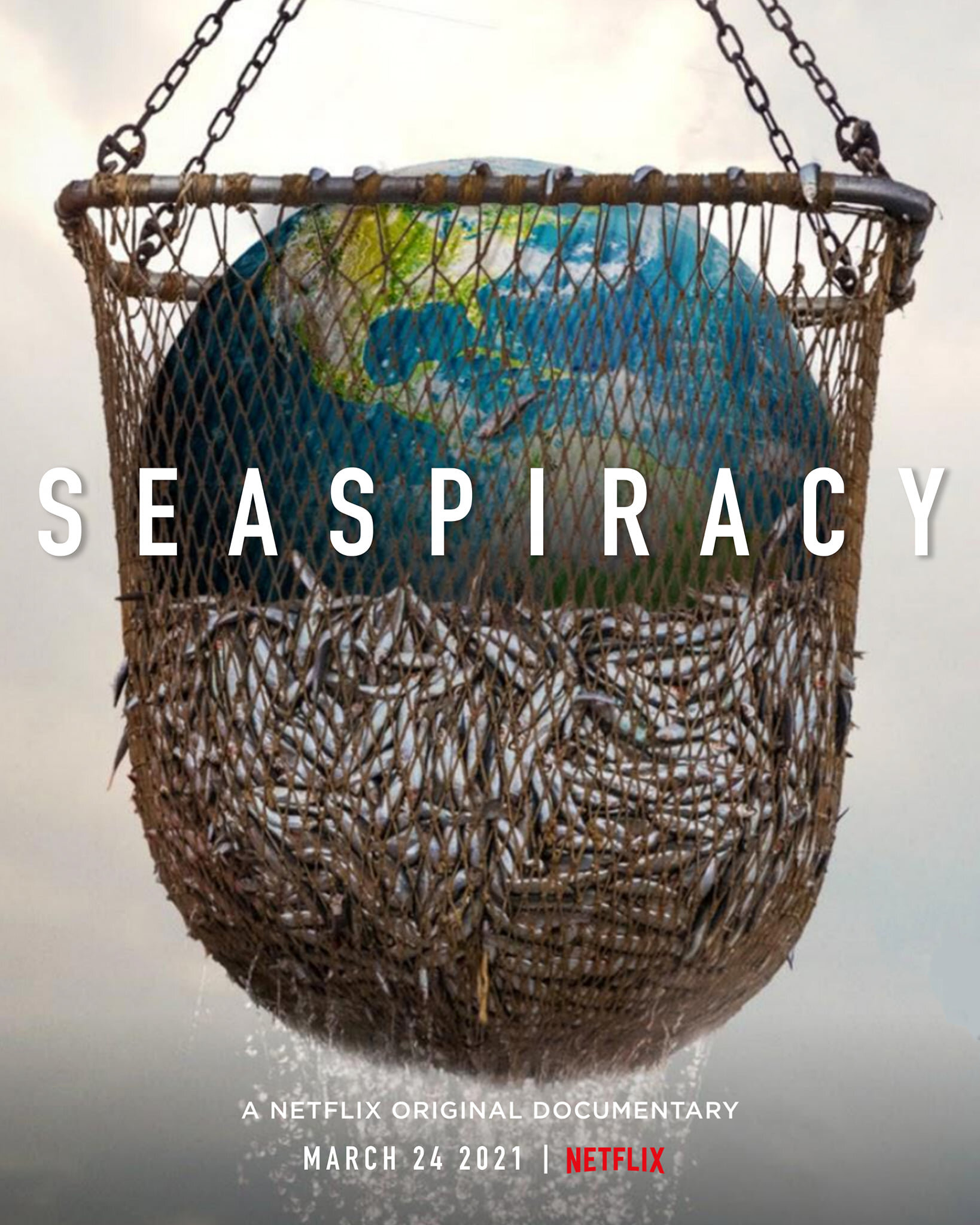The Seaspiracy Effect: Internet Reacts To Netflix’s Controversial Documentary
The global fishing industry has been thrust into the spotlight after Seaspiracy becomes one of the streaming giant’s most watched films around the world. So what do people think?
Credit: Seaspiracy/Netflix
Within its first week, Netflix’s Seaspiracy has climbed to the top of the streaming giant’s most-watched list in several countries around the world and thrust the workings of the global fishing industry into the spotlight. Millions of viewers have watched it already - and while reactions have been mixed, there is no doubt that it has sparked a huge conversation about what’s right - and wrong - about the current state of our oceans.
Huge issues are explored in the documentary, including the millions of ‘non-target’ marine animals caught as bycatch, the questionable credibility of sustainable fish certifications, and even the human slave labor used to catch shrimp and prawns.
Many viewers are understandably shocked at the film’s claims, and are denouncing the seafood industry’s role in the war it is raging with the oceans. Iconic lifestyle publication Vogue told its readers: “Seaspiracy Is Going To Change Your Thoughts On Seafood Forever”.
In fact, the filmmaker behind Seaspiracy, Ali Tabrizi, concludes in the film that one way in which people can help support a more sustainable approach to managing and conserving our oceans and its marine life, is to stop plundering them for food. And across social media many people are taking up the challenge.
“Watching Seaspiracy… I haven’t eaten meat in a few months at all but was still eating a little fish. But after watching this…” celebrity Kourtney Kardashian told her 115 million followers on Instagram.
And environmentalist and The Guardian columnist George Monbiot wrote on Twitter that the documentary is “a brilliant exposé of the greatest threat to marine life: fishing”.
But the film’s revelations have also caused controversy, particularly with those in the fishing industry. One of the main points of contention is that it is unrealistic and divisive to suggest everyone turn away from the fishing industry. Oceana, an ocean conservation NGO, explains: “Choosing to abstain from consuming seafood is not a realistic choice for the hundreds of millions of people around the world who depend on coastal fisheries – many of whom are also facing poverty, hunger and malnutrition.”
Sustainable Seafood?
Seaspiracy is riding the wave of a wider, growing awareness of the fishing industry’s negative impact on marine life and the ocean. That awareness is already leading investors and food manufacturers to bet big on the rise of sustainable plant-based seafood that is positioned to help preserve our seas.
Innovators like cell-based seafood start-up BlueNalu, use fish cells to cultivate seafood in a lab rather than taking fish from the oceans. The San Diego-based company recently raised an unprecedented $60 million from investors to help launch its products, while a Singapore company has unveiled the world’s first lab-grown lobster meat.
With figures estimating that over 2.7 billion wild fish are killed every single day, cutting-edge products like lab-grown seafood are set to provide a sustainable and kind solution to meet some of the global demand for seafood products. And with Seaspiracy bringing awareness of the industry on a global platform to a mass audience, demand for plant-based seafood will likely only increase.
More stories:
Species Unite
A collection of stories of those who fight the good fight on behalf of animals.




Leather, wool, feathers: even if they were by-products, would that make a difference?